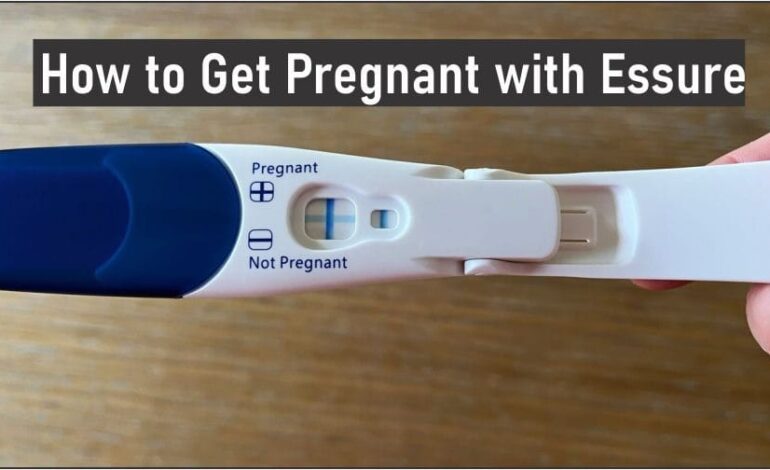A negative pregnancy test result can be disheartening, especially when you’re eagerly hoping for a positive outcome. However, it’s essential to understand that several factors can lead to a negative result, even if you’re pregnant. Let’s delve into the reasons behind a negative pregnancy test and what steps you can take next.
Why did I get a negative test result?
Several factors can contribute to a negative pregnancy test result, including:
Rise of pregnancy hormone (hCG) in early pregnancy
In the early stages of pregnancy, the levels of human chorionic gonadotropin (hCG), the hormone produced by the placenta, may not be high enough to detect with a home pregnancy test. It takes time for hCG levels to rise to a detectable level, typically doubling every 48 to 72 hours in the first few weeks of pregnancy.
Is it possible to be pregnant and get a negative pregnancy test result?
Yes, it is possible to be pregnant and receive a negative pregnancy test result, especially if you take the test too early or if there are issues with the test itself, such as improper usage or a faulty kit.
What happens when my pregnancy test is negative, and I miss my period?
Missing your period is often a telltale sign of pregnancy, but a negative test result can be perplexing. If you’ve missed your period but received a negative test result, it could be due to testing too early or a low concentration of hCG in your urine. Additionally, other factors such as stress, hormonal imbalances, or underlying medical conditions can also cause a missed period.
When is it too early to test?
Testing too early can result in a false negative pregnancy test. It’s best to wait until at least a week after your missed period to ensure more accurate results. However, if you’re experiencing symptoms of pregnancy and have missed your period, you may choose to test earlier but be prepared for the possibility of a false negative.
Read also Planning After Plan B: Understanding Its Impact on Your Cycle
Do I have to take the test first thing in the morning?
While many pregnancy tests recommend testing with the first urine of the day, it’s not always necessary. The concentration of hCG in your urine may be higher in the morning, but modern pregnancy tests are sensitive enough to detect pregnancy at any time of the day. However, if you’re testing early, using the first urine of the day may increase the accuracy of the results.
Can I do the test wrong?
Yes, it’s possible to perform the test incorrectly, leading to inaccurate results. It’s crucial to carefully follow the instructions provided with the test kit. Common mistakes include not using enough urine, misinterpreting the results, or not waiting long enough for the results to appear. Taking the test too early or using an expired test kit can also affect the accuracy of the results.
What if there is something wrong with the test?
If you suspect that something may be wrong with the test, such as a defective kit or improper usage, consider repeating the test with a new kit. If you continue to receive negative results despite experiencing symptoms of pregnancy, consult with your healthcare provider for further evaluation and possibly a blood test to measure hCG levels more accurately.
I got a negative result, what should I do next?
If you receive a negative pregnancy test result but continue to experience symptoms of pregnancy or have concerns about your menstrual cycle, it’s essential to follow up with your healthcare provider. They can provide guidance, perform additional tests if necessary, and help determine the underlying cause of your symptoms.
Conclusion
In conclusion, receiving a negative pregnancy test result can be disappointing, but it’s essential to understand the various factors that can influence the outcome. Whether it’s testing too early, improper usage of the test kit, or other underlying factors, knowing what to expect and when to seek further evaluation can help alleviate anxiety and uncertainty. If you’re concerned about your fertility or reproductive health, don’t hesitate to reach out to your healthcare provider for personalized guidance and support.
Remember, your body and your pregnancy journey are unique, and it’s essential to prioritize self-care and seek professional assistance when needed.


